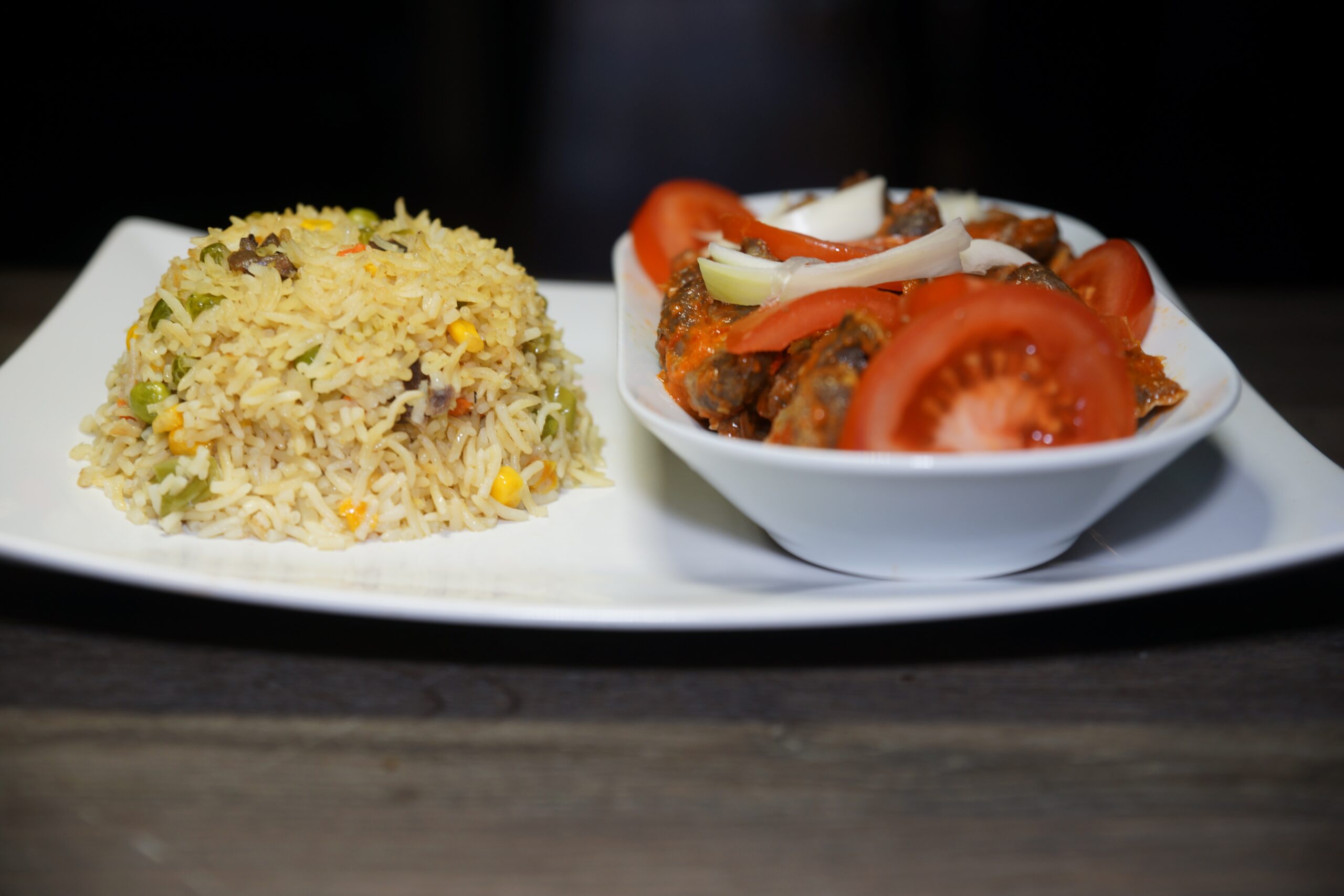Exploring the Rich Flavors of African Cuisine
African Foods: Discovering the Culinary Delights of the Continent
Africa, with its diverse cultures and vibrant traditions, offers a wide array of mouthwatering cuisines. From Morocco to South Africa, each region boasts its own unique flavors and cooking techniques. In this blog post, we will delve into 10 well-known traditional African dishes, as well as five special dishes reserved for ceremonials. Additionally, we will explore the cultural significance of African foods, highlighting the important role they play in shaping the continent’s identity.
10 Well-Known Traditional African Cuisines
1. Jollof Rice (West Africa): This iconic dish is a staple in many West African countries. It consists of rice cooked in a flavorful tomato-based sauce, often accompanied by vegetables and meat.
2. Bobotie (South Africa): A delicious South African dish made with minced meat, breadcrumbs, spices, and topped with an egg-based custard. It is typically served with yellow rice and chutney.
3. Couscous (North Africa): A staple in North African cuisine, couscous is made from semolina grains and is often mixed with vegetables, meat, or fish.
4. Injera (Ethiopia): A sourdough flatbread with a unique spongy texture, injera is a traditional Ethiopian staple. It is typically served with a variety of stews and curries.
5. Tagine (Morocco): Tagine refers to both the traditional clay pot and the slow-cooked stew that is prepared in it. This flavorful dish often combines meat or fish with vegetables and aromatic spices.
6. Fufu (West and Central Africa): Fufu is a dough-like staple made from cassava, yams, or plantains. It is often served with soups or stews and is eaten by tearing off small pieces and dipping them in the accompanying sauce.
7. Bunny Chow (South Africa): Originating from the Indian community in South Africa, bunny chow is a hollowed-out loaf of bread filled with spicy curry. It is a popular street food in the country.
8. Mafe (West Africa): A rich and hearty peanut stew, mafe is a favorite in many West African countries. It is typically made with meat, vegetables, and a peanut butter-based sauce.
9. Piri Piri Chicken (Mozambique): Piri piri chicken is a fiery and flavorful dish from Mozambique. The chicken is marinated in a spicy piri piri sauce before being grilled or roasted.
10. Chapati (East Africa): Similar to Indian flatbread, chapati is a popular unleavened bread in East Africa. It is often enjoyed with various curries and stews.
5 Special Dishes for Ceremonials
1. Ugali (Kenya): Ugali is a cornmeal-based dish that is often served at special ceremonies and celebrations in Kenya. It is a thick porridge-like dish that is usually eaten with vegetables, meat, or fish.
2. Amala (Nigeria): Amala is a yam-based dish that holds cultural significance in Nigeria. It is commonly prepared for special occasions and is often served with rich and flavorful stews.
3. Roosterkoek (South Africa): Roosterkoek is a traditional South African bread that is typically baked over an open fire. It is often served at braais (barbecues) and other festive gatherings.
4. Thieboudienne (Senegal): Thieboudienne is a popular ceremonial dish in Senegal. It is a flavorful rice and fish stew that is often prepared for weddings, religious holidays, and other special events.
5. Morogo (Botswana): Morogo is a traditional African spinach dish that is commonly served at celebratory feasts in Botswana. It is packed with nutrients and is often enjoyed with pap (maize porridge) and meat.
The Cultural Significance of African Foods
African foods not only tantalize the taste buds but also reflect the continent’s rich cultural heritage. They are an integral part of African identity, connecting people to their roots and traditions. Many African dishes have been passed down through generations, each bite carrying the history and stories of the past.
Food plays a central role in African ceremonies and celebrations, symbolizing unity, abundance, and hospitality. It brings families and communities together, fostering a sense of belonging and togetherness. From large communal meals to small family gatherings, African cuisines create opportunities for people to connect and strengthen social bonds.
Furthermore, African foods often showcase the abundant natural resources found on the continent. They incorporate a variety of indigenous ingredients such as grains, vegetables, fruits, and spices, highlighting the biodiversity and richness of African ecosystems.
As African cuisines gain global recognition, they contribute to the promotion of cultural diversity and understanding. They allow people from different backgrounds to experience and appreciate the flavors, aromas, and textures that make African foods so unique.
So, whether you’re indulging in a steaming plate of jollof rice or savoring the flavors of Moroccan tagine, take a moment to appreciate the cultural significance and culinary journey that each bite represents.



